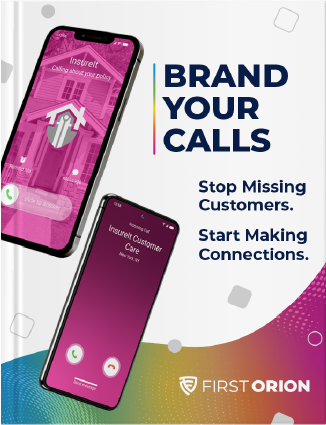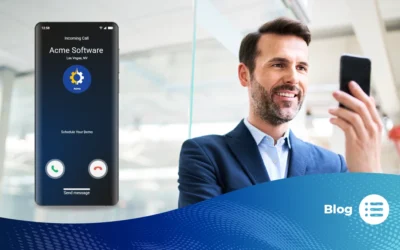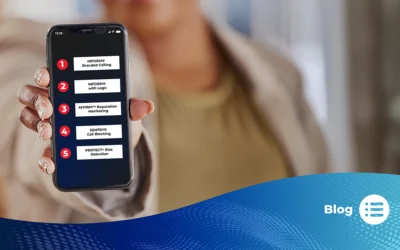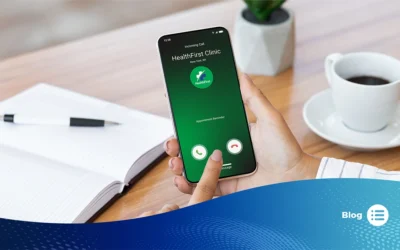With the holidays approaching, scammers are aggressively ramping up their outbound calls to consumers. While this trend sees an uptick in activity around the holiday season, scam calls are becoming increasingly more common at all times of the year. In fact, First Orion released their inaugural Scam Call Trends and Projections Report which analyzed over 50 billion phone calls made to consumers over 18 months and predicts that nearly half of all calls to mobile phones will be fraudulent in 2019 unless the industry adopts and implements more effective call protection solutions. In order to help consumers prepare for the onslaught of nuisance calls, First Orion, the leading provider of phone call transparency solutions, commissioned a study of 1,000 mobile phone users in the United States.
First Orion found that the frequency of holiday scam calls is up (129%) this season compared to the same study last year. According to the survey, 62% of respondents have received a scam call within the last week compared to 27% last year. Over 50% of those surveyed said they receive more spam calls than legitimate ones each day.
Consumers should be on the lookout for any kinds of suspicious calls but these calls, in particular, First Orion found are trending among consumers:
- Bank and credit card (16% said it was their last scam call)
- Cruise and vacation (12% said it was their last scam call)
- IRS (12% said it was their last scam call)
Last year, fraudsters averaged $430 per successful scam call. First Orion’s survey found nearly 8% of respondents have experienced a financial loss from a scam call. Of those scammed, 43% gave away credit card information, 28% gave away their social security and 11% gave away their username or password. According to First Orion’s survey, gift card along with bank and credit card scams were the most effective with 58% of victims reporting these categories as the type of call.
Unfortunately, the holiday season marks an opportune time for scammers to capitalize on people’s generosity. First Orion found that 16% of respondents received a scam call from someone claiming to be from a humanitarian organization and these scams are effective. Over a quarter (26%) of those who received a scam call from someone posing to be from a humanitarian organization experienced a financial loss from this scam call.
As the robocall epidemic amplifies, carriers are feeling the pressure from customers and lawmakers to offer relief. In November, the Federal Communications Commission sent letters to voice providers, calling on them to assist industry efforts to trace scam robocalls that originate on or pass through their networks. According to First Orion’s latest survey, over half (51%) believe it is their carrier’s responsibility to protect them from scam calls, but only 31% of respondents said their carrier currently offers these features.
Today, many consumers are frustrated with their current experience and are making decisions about which carriers will serve them best. They are ready to make a move and are looking to see which solutions will best protect them, even if it means leaving their current carrier behind. Over three-fourths (79%) of those surveyed would be more inclined to use a mobile carrier that could automatically block scam calls, and 62% of respondents would leave their current mobile phone carrier for one that offered features to better block or identify incoming scam calls. Moving forward, it is clear carriers that implement these solutions will see the benefits.



